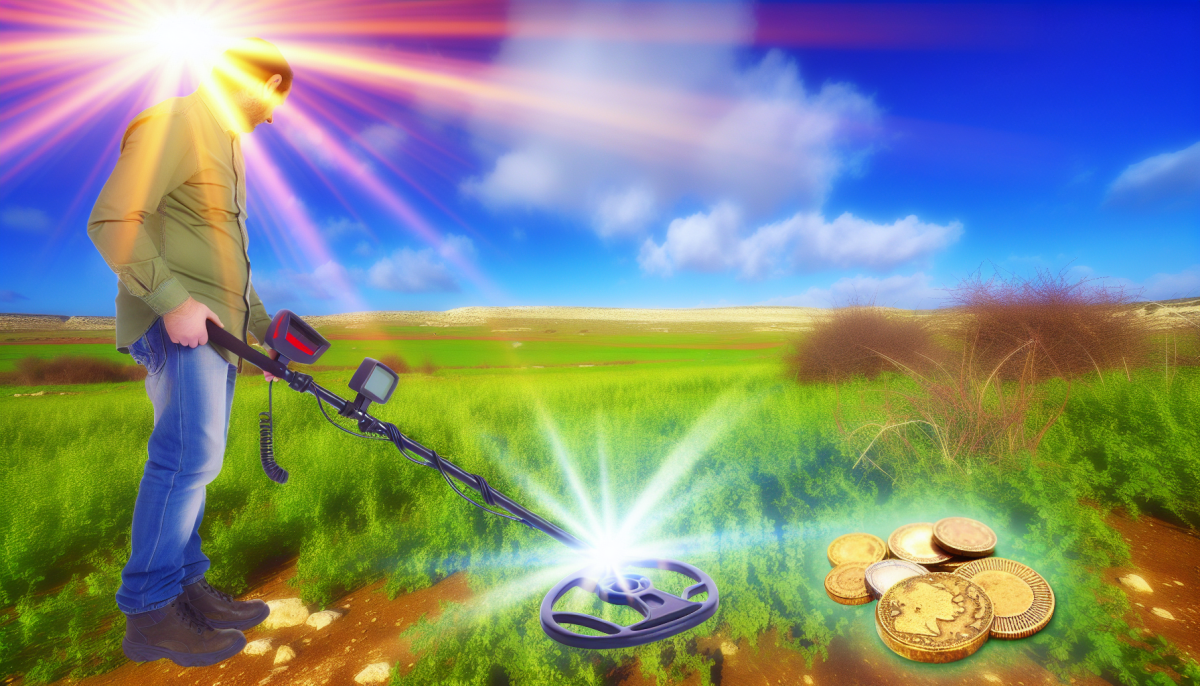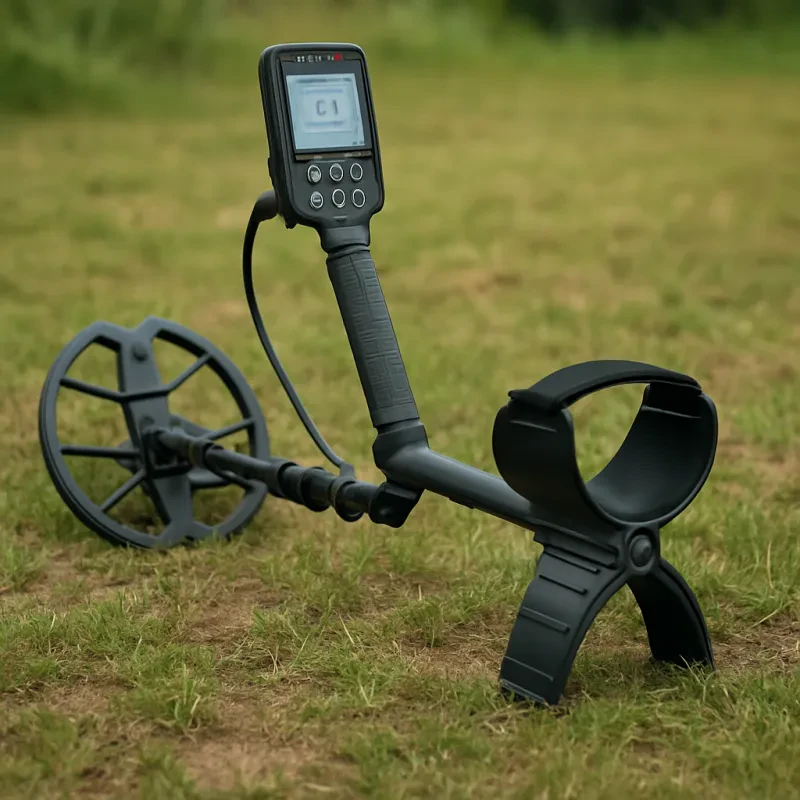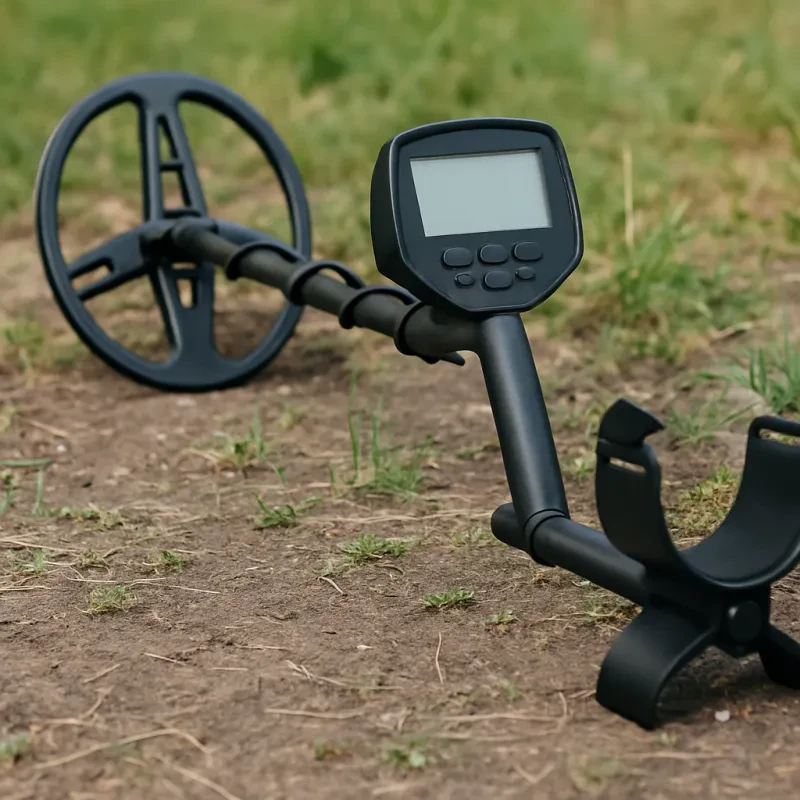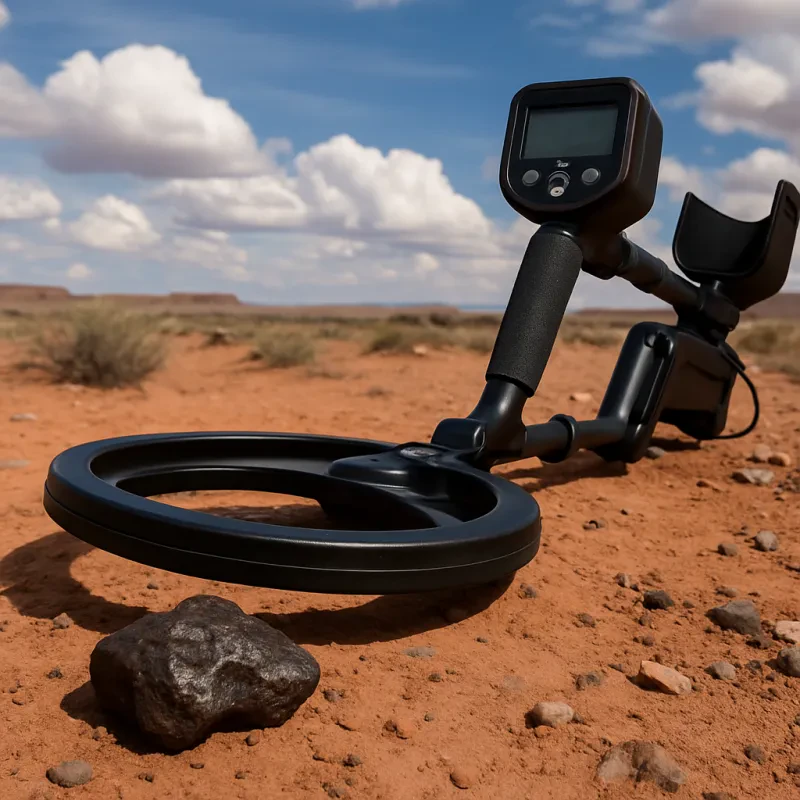Metal Detecting Tips for Coins: Unearthing Treasure Without Harm
Metal detecting is a fascinating hobby that combines the thrill of discovery with the allure of unearthing hidden treasures from the past. Coins, in particular, are among the most sought-after finds due to their historical value and potential worth. However, finding coins is not just about sweeping your metal detector over the ground and hoping for the best. It requires skill, patience, and knowledge to maximize your chances of success while ensuring the coins are extracted without damage. Here are ten essential tips for anyone eager to discover coins with a metal detector.
1. Choose the Right Equipment
Select a metal detector that's equipped for finding coins. Look for features like discrimination (to filter out unwanted items), sensitivity adjustments (to detect coins at different depths), and a pinpointing function (to locate the exact position of your find). A smaller coil can also be beneficial in trashy areas, helping to isolate signals from desirable targets like coins.
2. Understand Your Detector
Spend time learning how your detector responds to different metals and objects. Practice with coins buried at various depths in your yard. Recognizing the specific tones or digital readings for different types of coins can greatly improve your efficiency and success rate.
3. Research Historical Areas
Coins often accumulate in places where people have congregated over the years. Research historical sites, old homesites, parks, and pathways that have been in use for decades or even centuries. Always ensure you have permission to search a location and be mindful of local laws and regulations regarding metal detecting.
4. Scan Slowly and Methodically
Rushing can lead to missed targets. Move slowly and keep your coil close to the ground, overlapping your swings to ensure you cover the area thoroughly. Patience is key in metal detecting, especially when searching for coins that can easily be overlooked.
5. Listen for Faint Signals
Sometimes, the most valuable finds are buried deep and give off only the faintest signal. Don't ignore these signals. A faint response could indicate a deep coin or a coin masked by iron or other trash metals.
6. Use Pinpointing Techniques
Once you've detected a potential coin, use your detector's pinpointing feature to narrow down its exact location. This reduces the size of the hole you need to dig and minimizes disturbance to the surrounding area.
7. Dig Carefully
When it comes time to dig, use a small, sharp digging tool like a trowel or a specialized digging knife. Cut a neat plug or flap in the ground that can be easily replaced, minimizing impact on the landscape. Avoid using excessive force that could damage a shallowly buried coin.
8. Refine Your Extraction Technique
Upon locating the target, gently use your fingers or a soft brush to remove dirt and ascertain if the coin is in the loose soil. If not, carefully widen the hole until you find your treasure, always checking the sides of the hole and the loose soil you've removed.
9. Preserve the Coin’s Condition
Once you've found a coin, handle it delicately. Avoid rubbing or cleaning it aggressively in the field. Some coins might have collectible value that can be compromised by scratching or cleaning. It's best to wait until you can properly identify and assess the best cleaning method for each specific coin type.
10. Record Your Finds
Keep a log of where and when you find coins. This can help you identify productive areas and notice patterns in your discoveries. Recording your finds is also a great way to track your progress and success over time.
Bonus Tip: Respect the Code of Ethics
Always follow a metal detecting code of ethics. This includes obtaining permission to search on private property, respecting historical and archaeological sites, filling in holes, and disposing of trash found during your searches.
Digging for Coins: The Gentle Art
Finding a coin is only part of the journey; extracting it safely is equally important. The goal is to retrieve the coin without causing any damage. Here are a few pointers for the excavation process:
- Use the Right Tools: A small digging tool and a probe can help you locate and extract coins without scratching them.
- Be Patient: Rushing can lead to mistakes. Take your time to carefully remove soil and check it for your find before proceeding.
- Identify and Preserve: Once found, if the coin is encrusted with dirt, resist the temptation to clean it on-site. Many coins can lose value if not cleaned properly.
By following these tips and approaching metal detecting with patience and respect for the history beneath our feet, you can enjoy the thrill of finding coins while preserving them for future generations. Whether you're unearthing a modern-day coin spill or a rare historical piece, the real treasure is the adventure and the stories that these coins can tell. Happy hunting!



